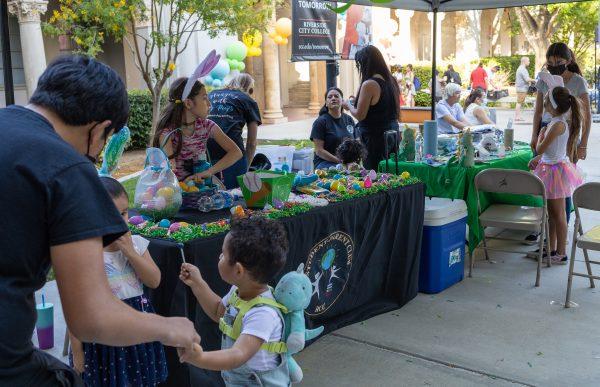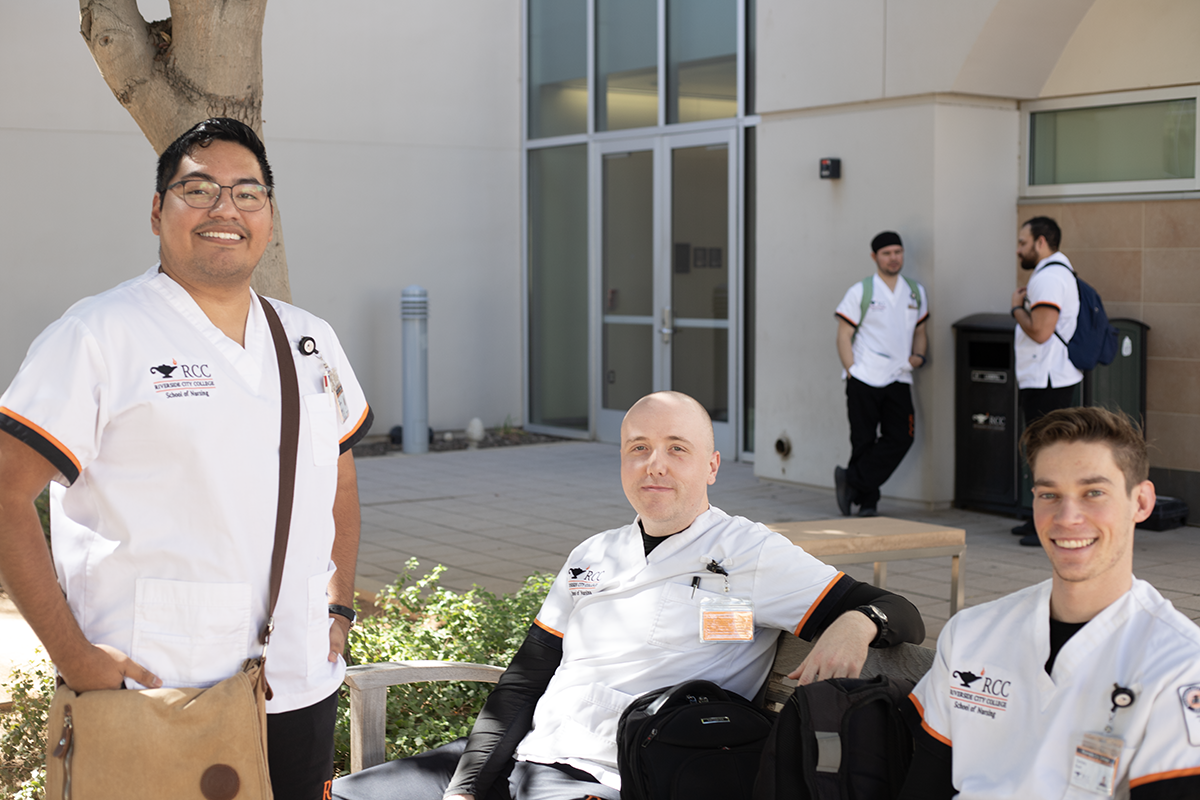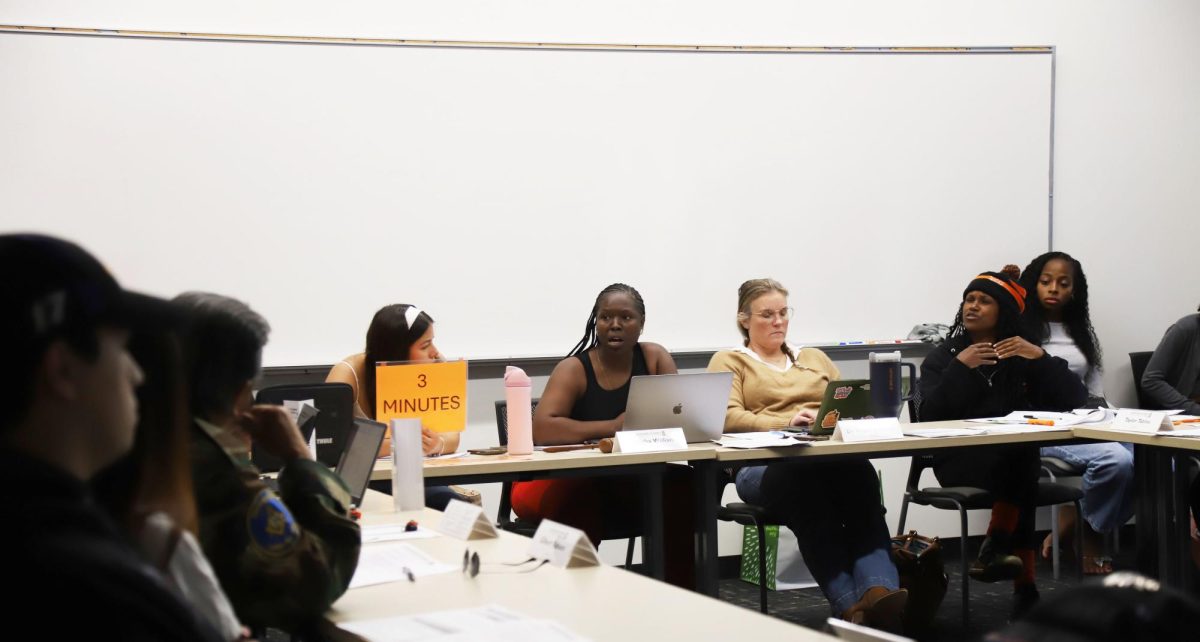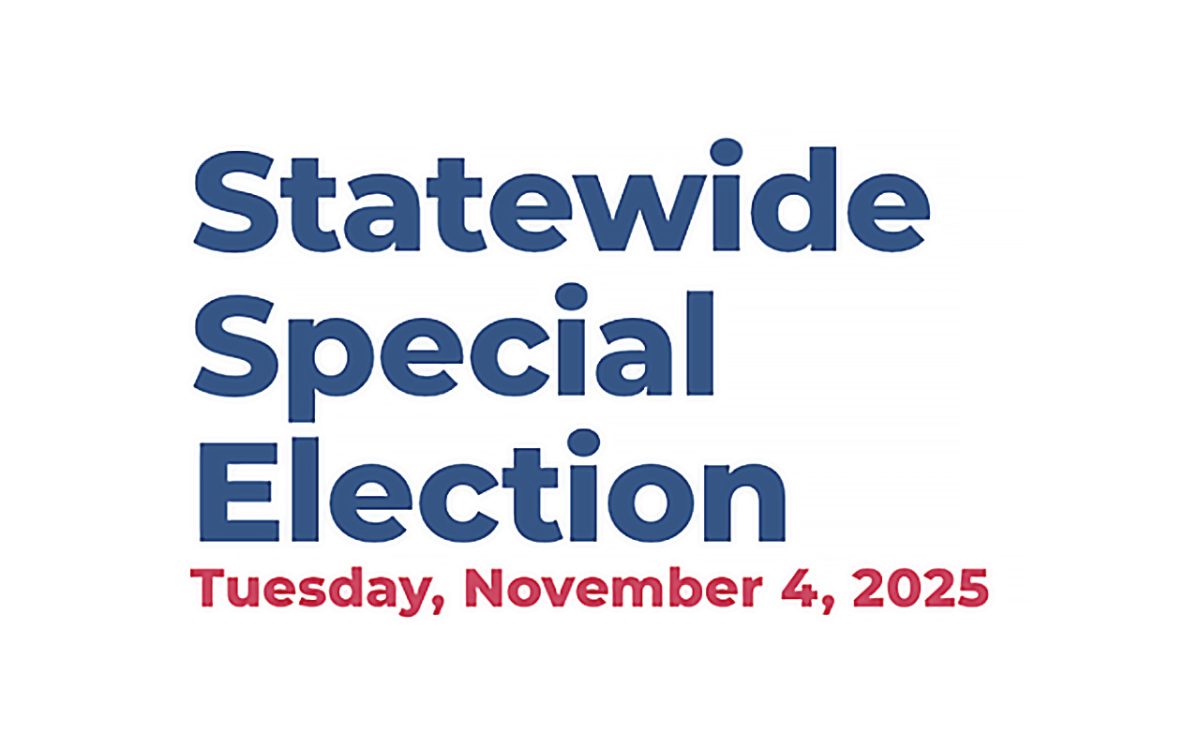
CORRECTION: This article has been updated to accurately display instructor Araceli Calderón’s name. A previous version of this article did not have the accent mark.
By Daniel Hernandez
There is one word that clearly resonates through the student parents at Riverside City College. Invisible.
The student parent demographic, like every student group within RCC, has experienced a decrease in enrollment due to the pandemic. However, unlike other demographics that have approximate percentage points or bar graphs to illustrate the decrease, the college does not have data for student parents.
Without official numbers, one has to look at the numbers provided by a college counselor. The CalWORKs program — which provides assistance to individuals who have a child under the age of 18 — has seen a significant decline in its enrollment.
“Right now, we have 65 students for spring,” Anne Lenox, RCC’s CalWORKs counselor and coordinator, said. “Prior to COVID, we would have 200 students in our spring term.”
But using CalWORKs as a barometer to gauge student parent enrollment cannot reflect the total population of student parents at the college because the program is only offered to those who qualify for and receive welfare.
According to a March 2021 UC Davis study titled “A Portrait of Student Parents in the California Community Colleges,” one in 10 students who enroll for financial aid within California are student parents and about 13.4% of total students within the college and university system have children. That study also showed that 72% decided to enroll within a California Community College rather than a four-year institution.
It’s a statistic that Araceli Calderón, Spanish instructor at RCC and former student parent, was well aware of.
“One in five college students are parenting, so (it’s) about 20% of the student population,” Calderón said. “And the majority of those students are going to be students of color, Latino, Hispanic (and) in low income.”
Calderón, who has a doctorate in Spanish from UC Irvine, is not shy discussing the struggles she faced while juggling being a student in higher education and a mother for her son. It is her experience that also motivated her to create a space for other parents entering postsecondary education.
“I know the struggles that student parents go through, and the lack of cohesive support for student parents,” Calderón said. “So when I got to RCC … I wanted to build something, like a little support network for student parents.”
In the 2021 fall semester, Calderón teamed up with Lenox to create the Student-Parent Club as a way to fill the gap in support for student parents at the college.
The club, which is less than a year old, has already seen success within its small membership. The members have already created a website that provides links to resources specifically for student parents.
So far, they have participated in RCC’s club rush, hosted an in-person event named Hanging With Your Peeps and, most recently, hosted a virtual event with former student parent speakers. The club also spread awareness to the staff and faculty across the college about how to work with student parents in order to alleviate some of the struggles the demographic feels.
However, according to Calderón, the club has bigger goals in mind than just hosting events and spreading awareness.
“We want to have a support center for student parents,” Calderón said. “I think that is our long-term goal.”
She continued to describe a family-friendly area where parents could drop off their children and study for an hour, pick up essentials like infant meals or provide after-hours student services for parents who work nine-to-five jobs.
However, according to the club’s vice president Maria Ramirez, the members will not be able to advocate for any substantial changes at RCC until they are able to present accurate data.
“Once we have that data, and we see that it’s a number that is important and actually needs to be paid attention to, we can start creating change within RCC,” Ramirez said. “(It’ll) help those parenting students achieve their goals.”
The lack of data does not only affect their ability to advocate for change at the college. They have found it is also necessary to have data when applying for grants. The members and advisers of the club have been educating themselves about the best route to begin collecting data and have even considered surveying individuals on campus. One option has been presented to them but does not provide an accurate count of students enrolled.
“It’s recommended that we (collect data) by using the (Free Application for Federal Student Aid),” Lenox said. “At least we can have that. But I guess (it’s) not accurate because the FAFSA may not (show) actual students attending RCC. It’s somebody who’s applied to get financial aid, but that doesn’t mean they’re enrolled at the college.”
Despite the setbacks, it is the club members’ struggles and ambitions that drive them to continue pushing for resources that students require.
“I was stuck somewhere I (didn’t) want to be,” said Ramirez, who was audibly choked up over the phone. “I didn’t feel like I was motivated (and) I didn’t feel inspired. How am I supposed to raise my daughter to dream when it didn’t feel like I had? And that’s what education gave (me). It helped me see so many more possibilities in life. And that’s what I think it would do (for) the IE.”












